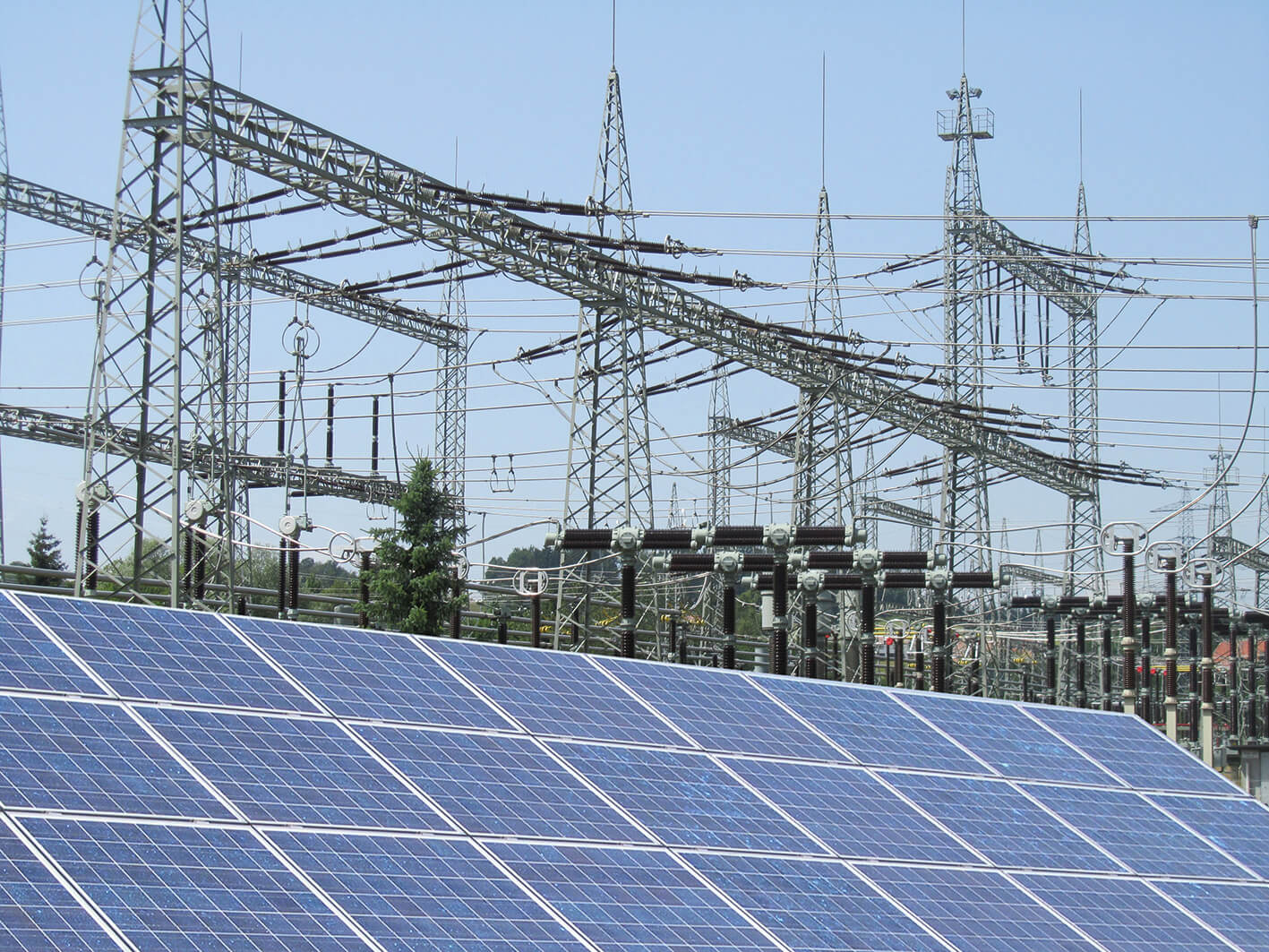Press Release #17
Renewable Energy in the European Electricity Market – Germany and Greece in the Focus for Renewable Energy Growth
In order to meet the European climate targets, namely reduce greenhouse gas emissions at least 80 percent by 2050, the share of renewables in the energy supply must increase substantially. In the cooperative project RES-DEGREE, researchers from the Fraunhofer ISE and from the E3MLab at the National Technical University of Athens investigated how European climate targets can be met. Above all, they analyzed how this endeavor affects the share of renewable energy on the European electricity market and the cross-border electricity transfer between countries. The project results have been published in a final report.

Using the countries Germany and Greece as a first case study, the RES-DEGREE project analyzes how the coupling of national and regional electricity grids can be exploited and maximized for cost-effectiveness. In the models, local factors such as radiation conditions or national costs were just as important for the analysis as determining the electricity transmission pathways between the two countries. The project team at Fraunhofer ISE developed a method for integrating high-resolution renewable energy potentials into an energy system model of the European electricity sector. Without loss of quality, very detailed data on production, potential and power plants were input into ENTIGRIS, a model developed at Fraunhofer ISE to optimize the expansion of the German and European electricity market. The ENTIGRIS platform determines the optimal distribution of renewable and conventional power plants combined with the necessary grid infrastructure.
The results from the German-Greek case study show that a 30 to 35 percent share of renewable energy is necessary by 2030 in order to reach European climate targets. One interesting result of the study indicated that locations in Germany with less wind or solar availability are preferential to locations with greater wind or solar availability yet have higher grid expansion costs. The advantage becomes more evident the higher the share of renewable energy in the grid. Thus, according to calculations with ENTIGRIS, there are cases when wind power installations in southern Germany and photovoltaic plants in northern Germany become attractive, because the local grid expansion costs exceed the benefits of higher local energy yield. “Such calculations help to optimize the grid expansion costs on the national level,” says a convinced Dr. Christoph Kost, project head at Fraunhofer ISE. “For the interconnected European grid and also the German electricity grid, an expansion plan is required that addresses items beyond those existing in the current development plan. In particular, the cross-border transmission grid between Germany and its neighbors will profit here.”
In particular, the RES-DEGREE project focuses on quantifying the utility of a strengthened cross-border electricity transmission network between Germany and Greece or Italy. Modeling results obtained at the Greek E3MLab with the PRIMES model and at Fraunhofer ISE with ENTIGRIS showed positive effects for grid expansion and a heightened electricity transfer in both directions. Countries in both southern and central Europe would profit from a stronger cross-border transfer, for example, of solar electricity to the North or wind power to the South. Based on the results of the German-Greek research project, Fraunhofer ISE recommends intensifying cross-border connections and increased transfer between the European electricity markets but also intensifying the coordination between national energy policies and infrastructure measures. With the newly developed model platform ENTIGRIS and the PRIMES model, interactions between EU climate targets and national energy policy targets can be modeled and specified in more detail.
The final project report in English can be downloaded here.
The German part of the RES-DEGREE project was supported by the German Federal Ministry for Education and Research (BMBF); the research at E3MLab at the Technical University of Athens was supported by the Greek General Secretary for Research and Technology.
Last modified: